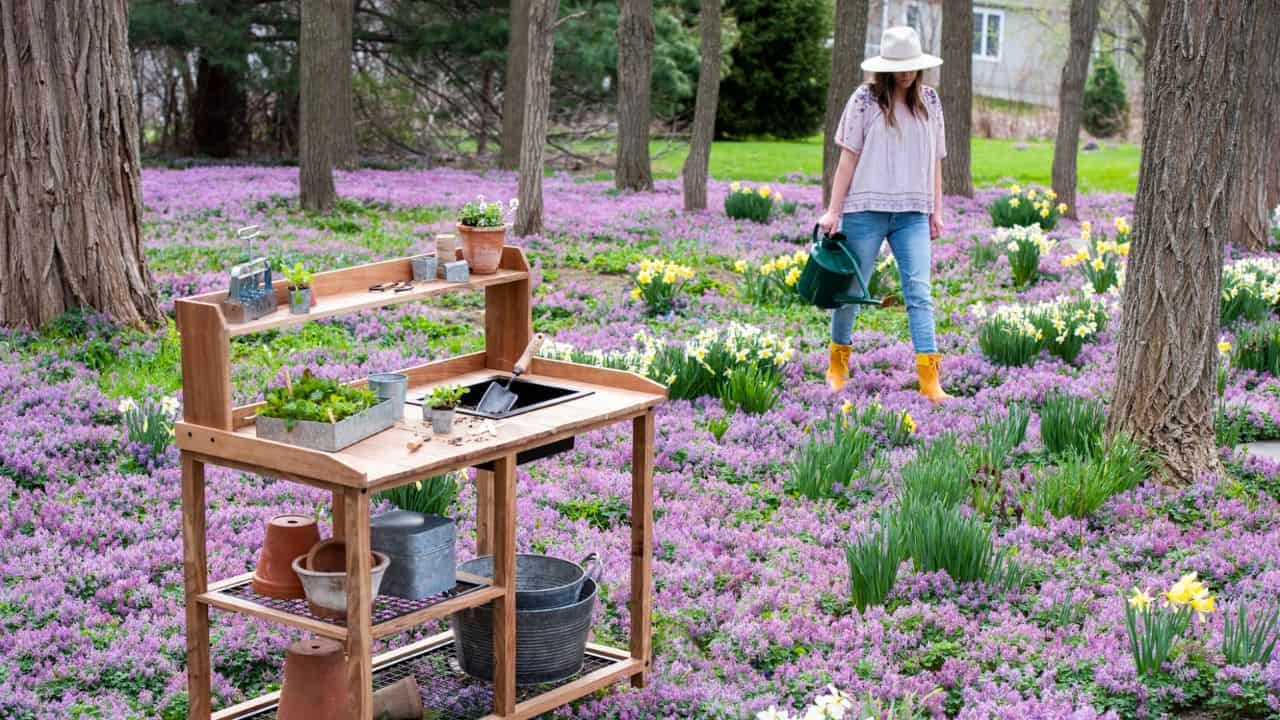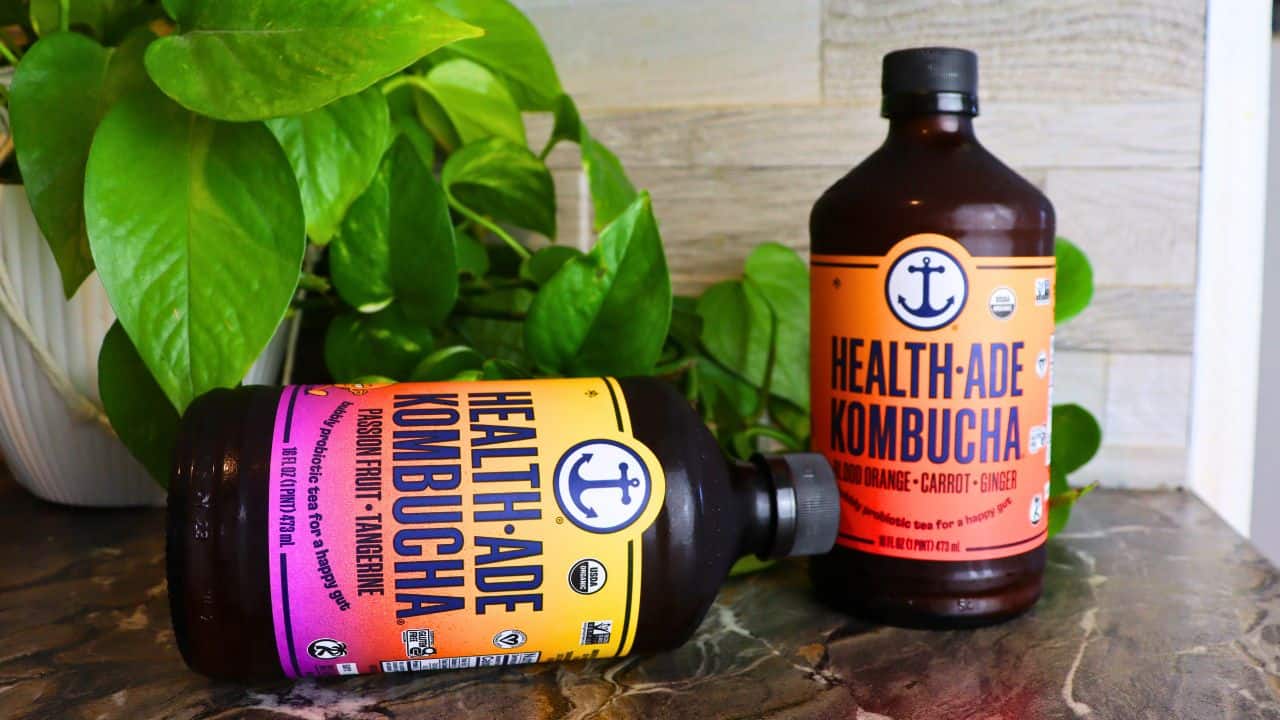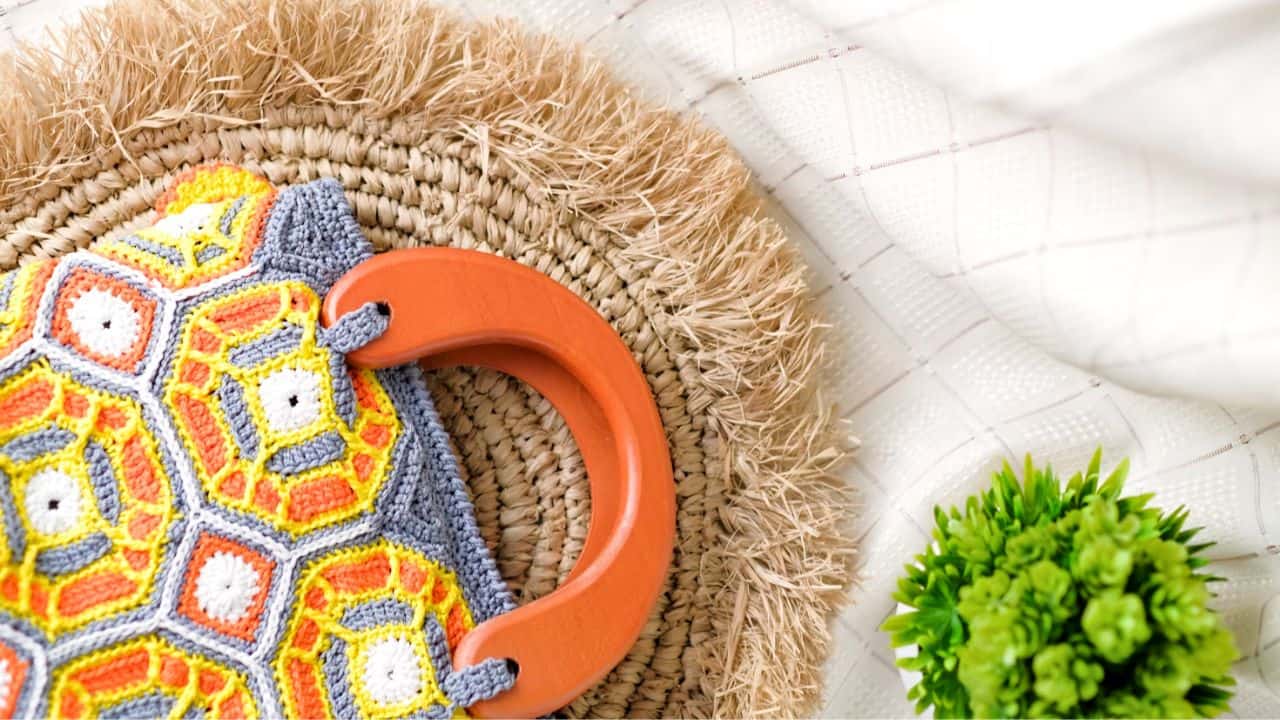Though linen was relegated to the realms of acceptably-creased beachwear for many years, it has made a mainstream fashion comeback in a flourish of neutral colours, with pastel stripes and earthy button-down dresses hitting the high street.
And, linen is also becoming a homewares staple thanks to its Scandi-chic, au naturel look and feel.
Why You Need To Embrace Organic Linen
Aside from its aesthetic appeal, there are lots of reasons that linen – and especially organic linen – is increasingly on-trend.
As one of the oldest and most-used textiles in the world, linen is the ultimate natural organic bedding fibre with both functional and ethical appeal.
It not only keeps you cool on the hottest of summer days, but it is also one of the most environmentally sustainable fibres to produce.

What is linen?
Derived from the flax plant – the second-most highly productive fibre crop after hemp – linen can grow very successfully with limited use of herbicides, pesticides, or other chemicals.
Organic linen is grown without any of those things of course.
Compared to its thirsty natural fibre competitors, linen production (organic or otherwise) also uses very little water; the flax plant can thrive with just rainwater and without irrigation.
And, when we consider that it can take 2,700 litres of water to produce enough cotton to make a single T-shirt, organic linen comes off looking pretty great.
Why is linen sustainable?
But it’s not just its minimal water use that puts linen at the top of the sustainable fibre rankings.
No matter where you are in the world, linen is a locally grown fibre, with Belgium lorded for the quality of its flax, Russia the biggest producer, and farms also propagated throughout Asia and the US.
And, whilst flax farming requires a sensitivity to changes in crop health and harvesting can pose challenges, the process of turning the flax into linen is also simple and chemical-free.
By comparison, whilst many man-made fibres such as polyester have great inherent properties – including sweat-wicking and durability – they are made using resource intensive processes, involving a lot of chemicals.
What’s Wrong With Fast Fashion?

For linen, on the other hand, cellulose fibres are taken directly from the flax stem and are spun into linen threads. It is as simple as that.
And though these threads can have a stiff feeling initially due to their long-fibre composition, linen becomes softer with washing and it is this same long-fibre makeup that makes linen products so resilient.
Investing in organic linen
Though organic linen products can be more expensive than other natural and man-made fabric goods, for all of the reasons above the extra money you’ll spend on these feel-good textiles will be well worth your (and the planet’s) while.
The good news is that the growing popularity of organic natural fibres means that we’ve seen some super-stylish eco-friendly brands in both the homewares and fashion spaces, offering organic linen ranges.
The best organic linen homewares and bedding brands
Ecosophy
One such brand is ‘mindful luxury home textiles’ advocate Ecosophy, which has set out to enable its customers to make ecologically wise choices.
Founder & Director Kate Anderson says: “By investing in organic linen, you can enjoy the benefits of linen, while knowing that you are supporting a farming process that is at the forefront of sustainability.
Organic fibres are often marketed as being good for the consumer, and I think that’s true.
The organic certification is designed to ensure that the fibre has been grown without the use of toxic chemicals and that the fabric has been dyed and processed using the least toxic chemicals available.
By buying organic fibres, we can support a textile industry that is conducive to the long-term health of farmers, the environment and ourselves.”
The certification to keep an eye out for to ensure you’re buying the best quality organic linen products is GOTS (Global Organic Textile Standard).
The GOTS certification process is carried out by independent companies with facilities being physically inspected to verify environmental and working standards are met.
Through this process, GOTS certifies that approved products contain at least 70% organic fibre content and that they have been produced in safe working conditions, with no discrimination or child labour.
Download Your Free A-Z Guide To Ethical Fashion

Coyuchi
GOTS certified brand Coyuchi goes one step further with its sustainable agenda and now offers a ‘circular subscription programme’ to close the loop and ensure that textile waste is limited.
Under the mantra ‘subscribe to sustainability’, the company is looking to help its customers recycle their used linen products (as well as other natural fibre products), offering subscribers the ability to return their old linens in the same box their new ones arrived in.
The linen products are then recycled or upcycled.
Notably, this kind of sustainable commitment doesn’t mean you need to compromise on style.
There are some beautiful Nordic-inspired brands well worth investing in to help you embrace a clean yet chic messy bed look, or an effortlessly stylish wardrobe.

Ordinary Things
Danish brand Ordinary Things has committed to the use of only organic linen for all of its products.
The company’s range stimulated by ‘Nordic simplicity’ includes bed linen, blankets, cushions and bath products, with all organic linen used to make the products grown in Europe, woven in Austria and sewn into finished products in Denmark.

VILDNIS
And, UK-based brand, VILDNIS, whose founder has Danish roots, has set out to make sustainable fashion a reality, sourcing organic linen from a cooperative of small farms in France and combining this with a whole host of other pioneering initiatives.










